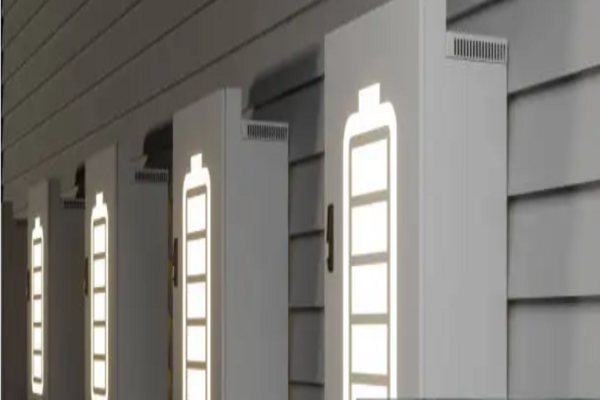Israeli renewable energy company Nofar Energy Ltd will develop over 1 gigawatt-hour (GWh) of energy storage capacity across 60 locations in Israel. These locations belong to the retail chain Machsanei HaShuk.
The estimated investment for the project is 500 million Israeli shekels (USD 135.1 million). Over a period of 20 years, it is projected to generate approximately 100 million shekels in yearly revenue.
Construction is planned to begin within a year. The first grid connections are expected in 2026. Once operational, the energy storage systems will store electricity and supply power during peak demand hours. This will help stabilize the national grid and provide energy to the retail chain’s stores.
Israel is expanding its renewable energy and storage projects. In addition to this initiative, other lesser-known renewable projects are underway. Small-scale solar farms are being developed in rural areas to support agricultural communities. Battery storage systems are being installed in industrial zones to improve energy efficiency.
Another initiative involves floating solar panels on reservoirs. This project aims to generate electricity while reducing water evaporation. Small wind energy projects are also being tested in specific regions to explore the potential for wind power in Israel.
The country has set targets to increase its renewable energy capacity. The government is supporting projects that enhance energy storage and integrate more solar and wind power into the grid. These smaller projects contribute to the larger effort of diversifying Israel’s energy sources.
The Nofar Energy and Machsanei HaShuk project is part of the growing focus on energy storage. As the demand for renewable energy increases, storage systems are becoming an important part of ensuring a stable power supply.


